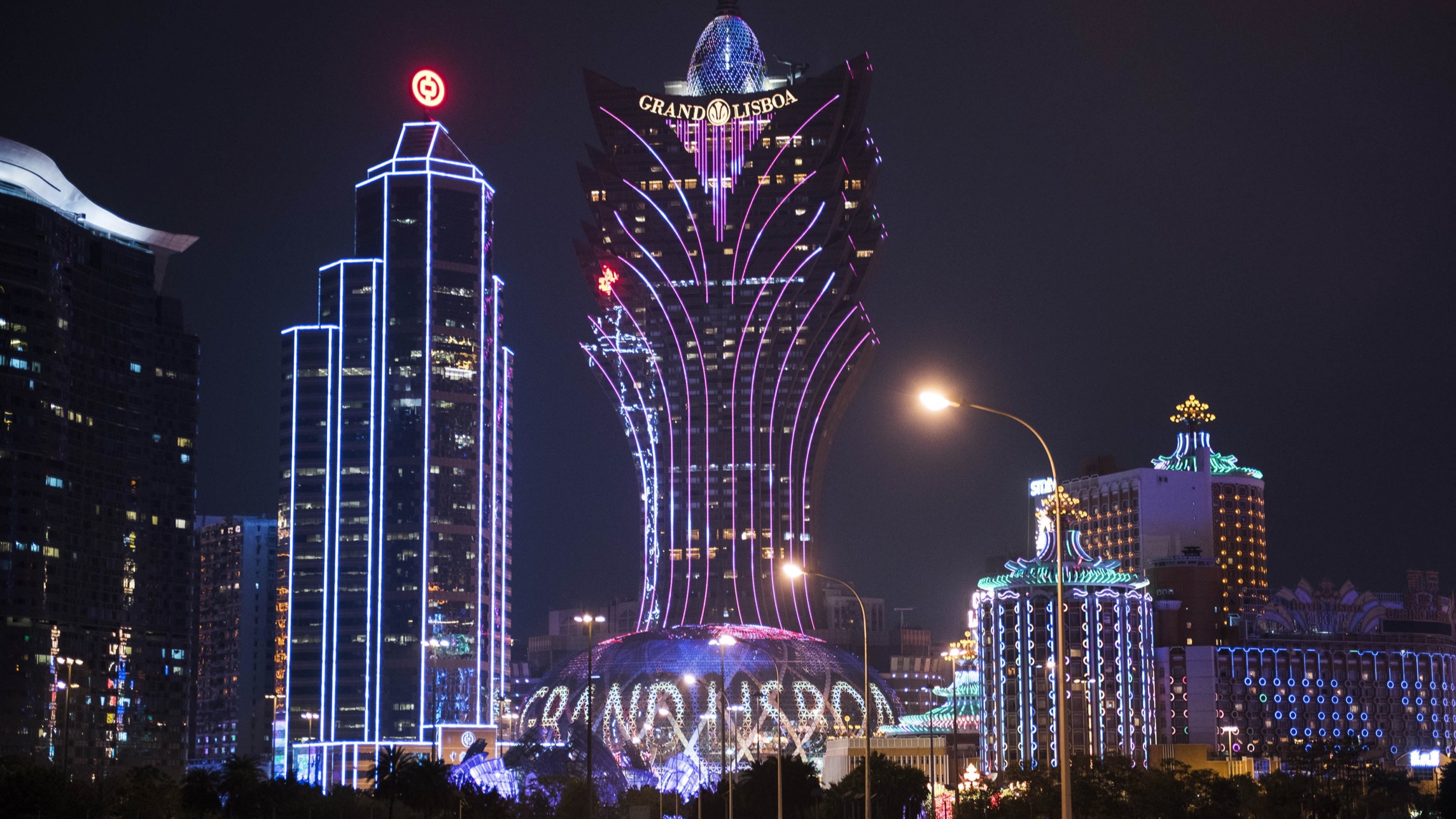Casino Games and Their Influence in Popular Culture

Casino games have long captured the imagination of humans around the planet, becoming an essential part of both fun and culture. From the sparkling lights of Las Vegas to the captivating experience of online gaming, these games evoke enthusiasm, danger, and sometimes even a sense of nostalgia. They are more than simply hobbies; they have woven themselves into the tapestry of society, influencing various aspects from movies and songs to style and writing.
The charm of casino games surpasses the wagering aspect, tapping into larger themes of luck, risk, and psychology. As players gather around a gaming table or turn the roulette, they engage in an timeless ritual that connects with our collective desire for excitement and uncertainty. This obsession has led to the emergence of countless references in films, songs, and gaming, showcasing how deeply entrenched these pastimes are in mainstream culture. Whether it is the high-stakes tension of a traditional robbery film or the lively nightlife portrayed in videos, casino games have established a substantial niche that reflects our connection with risk and reward.
Cultural Importance of Casino Games
Gambling activities have played a crucial role in social aspects throughout history. Originating from ancient societies, forms of chance were often connected to ceremonies or events. For instance, early forms of these activities can be linked back to historic China and the Romans, where dice games and wagering on results were popular pastimes. These activities not only functioned as leisure but also as means of connecting people, facilitating relationships among people within societies.
As societies evolved, so did the complexity and structure of gambling games. trang chủ ga179 The establishment of official casinos in the 17th century, particularly in the Italian region, marked a significant shift in how games were perceived and structured. With specific spaces for gambling, the casino became a community center where people from different backgrounds gathered. This evolution contributed to the legitimization of gambling, transforming it from a mere pastime into an established industry that influenced economy and policy.
The effect of gambling activities on mainstream culture cannot be overlooked. As they were popularized in literature and film, games such as poker and blackjack became symbols of chance, chance, and tactics. Famous characters and stories have developed around these activities, reflecting societal attitudes towards luck, prosperity, and vice. This fascination with gambling games has permeated various forms of media, solidifying their status in the collective consciousness and linking them to broader cultural stories throughout history.
Depiction of Casino Games in Media
Casino games have long been a popular subject in different types of entertainment, reflecting both the excitement and nuances of the world of gambling. Movies such as Ocean’s 11 and Casino Royale portray figures who navigate high-stakes environments, showcasing not only the appeal of the casino atmosphere but also the strategies and choices that come with playing popular games like poker and blackjack. These films often dramatize the exhilaration of winning and the potential consequences of losing, encapsulating the dangers involved in betting.
Television shows have also explored the universe of gambling activities, often integrating them into the storyline as a backdrop for story progression and tension. Shows like Vegas depict the experiences of gambling employees and patrons, highlighting the dynamic, often disorderly energy of the gaming floor. Docuseries featuring high-stakes betting contests further emphasize the fascination of gambling activities, drawing viewers into the tension and strategy involved in each game. Through these portrayals, media not only engages but also prompts conversations about luck, skill, and the nature of chance.
Video games have increasingly included casino games into their design, allowing players to recreate the thrill of betting without monetary loss. Titles within the landscape of online gaming often include online slot machines, online poker, and other casino favorites, creating an interactive experience that mirrors actual casino experiences. These digital representations make casino games accessible to a worldwide viewer base, appealing to both players who indulge and those who enjoy the thrill of virtual experiences. As a consequence, the representation of gambling activities in media continues to shape societal views and importance, highlighting their function in entertainment and social context.
Effect of Gambling Activities on Society
Casino games have a significant effect on communities, affecting various facets of culture and social behavior. They often serve as a venue for social interaction, where people come together to experience a shared activity. Casino trips with friends or visits to casinos become group events that build connections and create memories. This communal aspect boosts the fun value of casino games, making them a popular choice for celebrations and recreational pursuits.
Additionally, gambling activities have been portrayed in countless movies, television shows, and literature, shaping perceptions and opinions towards gambling and betting. Icons like James Bond competing in baccarat or the intense poker scenes in films have cemented these games in the collective imagination. This representation often idealizes the culture associated with casino activities, drawing in new players and impacting trends in both fashion and conduct. These representations can spark curiosity and lead to a deeper investigation of the intricacies of gaming.
However, there are also adverse consequences associated with the widespread appeal of casino games. The temptation of quick monetary gain can lead to gambling addiction and financial troubles for some people. Society must grapple with these issues, promoting responsible gambling and awareness of the risks involved. Balancing the entertainment value of gambling activities with the potential for harm is vital to ensure that they remain a positive aspect of our societal fabric.